
In the age of digital technology people are rarely writing and sending letters and postcards, preferring their electronic versions instead. That's not the case with postcrossing. The idea for this unique online project, which has been in existence since 2005, belongs to Paulo Magalhães from Portugal.
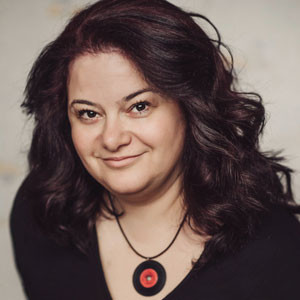 “Postcrossing is exchange of postcards between people around the world. A member sends a postcard to someone and he or she will receive at least one postcard back from a random postcrosser somewhere in the world. It seemed to me that it would take a long time and I would not be able to do it, but I decided to give it a try,” Ivelina Cholakova says. She has been a keen postcrosser for more than a year and a half.
“Postcrossing is exchange of postcards between people around the world. A member sends a postcard to someone and he or she will receive at least one postcard back from a random postcrosser somewhere in the world. It seemed to me that it would take a long time and I would not be able to do it, but I decided to give it a try,” Ivelina Cholakova says. She has been a keen postcrosser for more than a year and a half.
“After signing up and writing about your interests and postcards on what topic you would like to receive, you receive the first 5 addresses. The moment your card is registered by the person who received it, your address enters the system, and you can receive postcards from people around the world. The more postcards you send, the more new addresses you receive,” Ivelina Cholakova says.
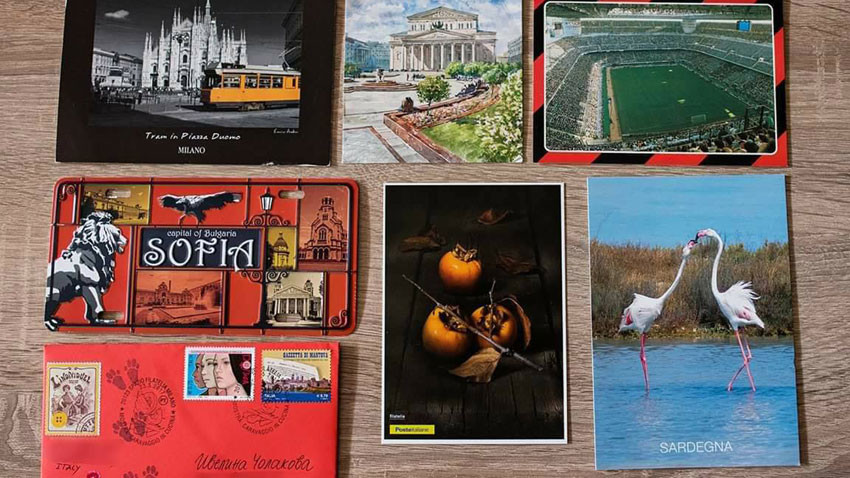
The first card she received was from Japan.
“I remember it very well," Ivelina Cholakova says smiling. "It was in the mailbox, folded in two, but I was very delighted.”
The system is organized so that the number of sent cards equals the number of cards received. There are two options of sending. The traditional one is in an envelope. But people also send interesting and beautiful cards with stamps and seals without an envelope.
By April 2017, over 676,000 people from 208 countries were part of the project. Many of the participants are children.
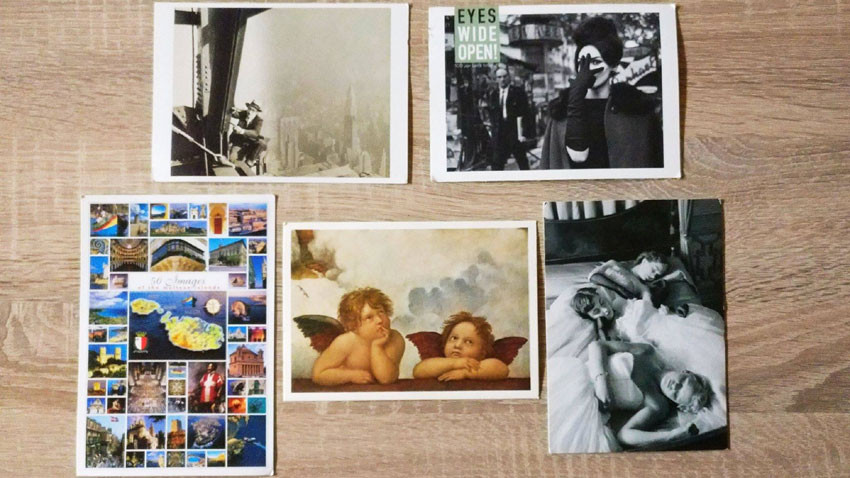
“People are very nice when they send cards to children,” Ivelina Cholakova says. “A teacher of English from a French province created a profile of his pupils and was asking for cards written in simple English so they could be helpful in learning the language.”
"One of the most interesting letters that Ivelina has received is from a student from India who describes her life in great detail, and at the bottom of the letter she even placed the logos of the Indian and Bulgarian post offices. She also put stamps on the entire envelope along with photos of famous Indian actresses,” Ivelina Cholakova says. In one of the international groups a boy decided to surprise his girlfriend for her birthday and asked others for greeting cards. Of course, Ivelina also took part and the girl received over 1000 postcards for her birthday.
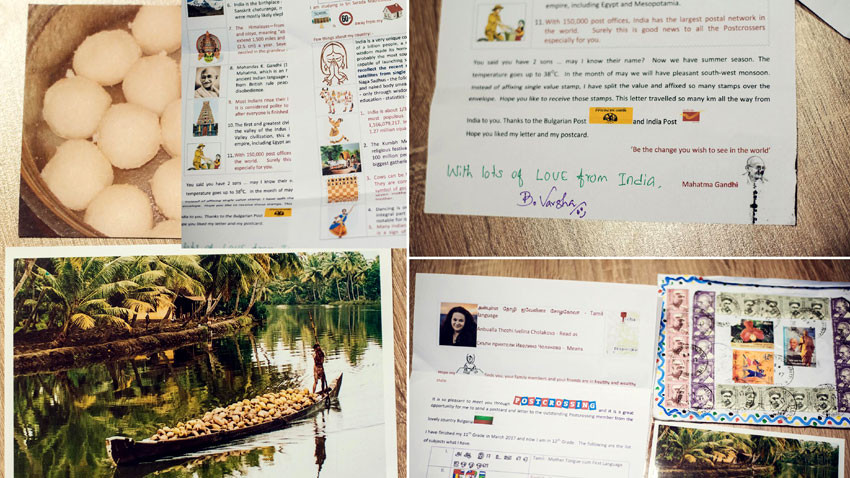
“Recently, I received an interesting and very impressive 3D card from Barcelona,”Ivelina says. "Using a smartphone app you can look at a building from all sides. Meanwhile a guide is telling you in several languages details about the building. We will soon get to know different historical sights in a more interactive way.”
Ivelina Cholakova's collection also features a postcard from the world's smallest post office, located on a New Zealand’s island. Ivelina also adds that she finds the Russian postcards to be the most beautiful.
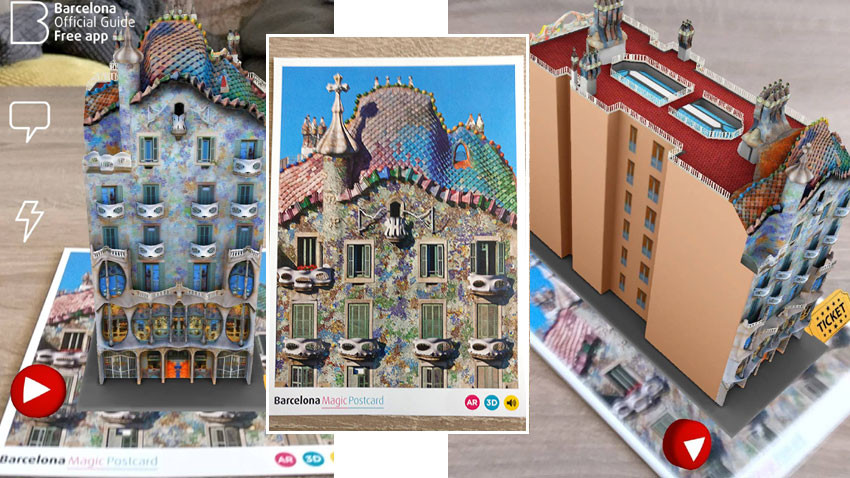
This hobby brings me only positive emotions and it is worth giving someone joy by sending them a hand-written card. "Every day I look in the mailbox and it's very nice to know that you could find something nice and not only advertising brochures and bills.”
English: Alexander Markov
Photos: private libraryThe traditional Bulgarian Christmas picnic, organized by the Bulgarian Cultural and Social Association "Rodina - Sydney" and the Bulgarian School "Dr. Petar Beron", will take place on December 8 , 2024 in St. Leonards Park in Sydney. "We have..
The Bulgarian national minority in Albania is one of the largest in the country, according to data from the latest official population census. A total of 7,057 individuals identified as Bulgarians. For comparison, 23,000 people identified as Greeks,..
From today, residents of Stara Zagora, young and old, can send their letter to Santa Claus. A letterbox has been set up in the foyer of the city's State Puppet Theatre to collect messages for Father Christmas. The cultural institution guarantees that..
"You say you are Bulgarian, but you do not know Bulgarian" – this reproach from officials in Bulgaria has been faced by quite a few by our compatriots..
Bulgarian studies are highly valued at the Bogdan Khmelnitsky State Pedagogical University in the Ukrainian city of Melitopol. So it comes as no surprise..
The survival of millions of people around the world, living in conditions of war, hunger, disease and immense despair, is at stake every day. We often..

+359 2 9336 661
